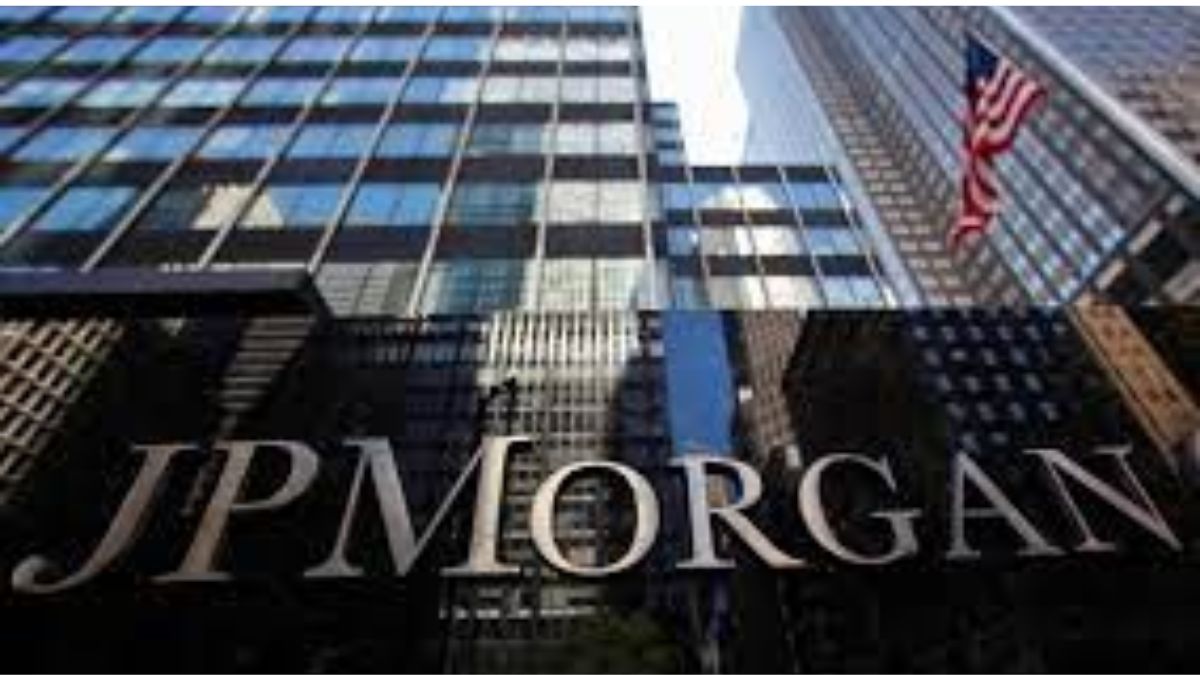- By Vaamanaa Sethi
- Fri, 27 Oct 2023 11:18 AM (IST)
- Source:JND
JP Morgan, following in the footsteps of other prominent global brokerages like Morgan Stanley, CLSA, and Nomura, has raised India's rating to overweight. This rating adjustment can be attributed to various factors, including the positive seasonality linked to general elections, strong growth in emerging markets (EM) nominal GDP, and the expansion of a more comprehensive bond market, which is anticipated to reduce risk premiums.
The brokerage firm has included Sun Pharmaceutical Industries Ltd, Bank of Baroda, and Hindustan Unilever in its emerging markets Model portfolio.
JP Morgan's decision to upgrade is grounded in a combination of cyclical and structural factors. This includes leveraging short-term correlations and market dips as opportunities, as well as India's robust nominal GDP growth fueled by demographic shifts and infrastructure investment demands.
Furthermore, it considers the competitive risk-adjusted returns when compared to developed markets and the depth of the domestic bond market.
The brokerage said that the emerging market equities are confronted with hurdles due to the increase in US long-term interest rates and the influence of the dollar smile on both growth and rates. A sustainable demand for emerging market equities may only materialize once the United States concludes its economic cycle with a GDP recession and subsequent rate cuts.
Earlier, Morgan Stanley upgraded India to ‘overweight’ due to factors such as improvement in economic and earnings growth. Meanwhile, in September, CLSA raised its India portfolio allocation by 20%, while Nomura upgraded its rating on India to "overweight." This decision was based on a compelling top-down storyline and the prospective advantages stemming from the China+1 strategy.
JP Morgan's decision to elevate Saudi's status to "overweight" was attributed to several factors, including the premium oil prices, increased uncertainty, the robust performance of the U.S. dollar, and equity market devaluation. In contrast, the bank downgraded South Korea to "neutral" due to factors such as profit-taking, rising U.S. interest rates, reduced demand, and less accommodating monetary policies.
Furthermore, JP Morgan outlined its strategy of allocating its risk budget to favor China, alongside Saudi and India, due to the enticing growth prospects, relatively low investor positioning, and favorable valuations in these markets.

